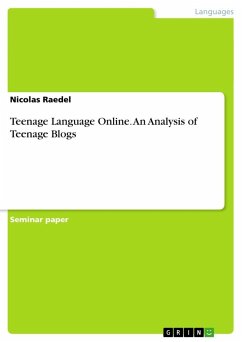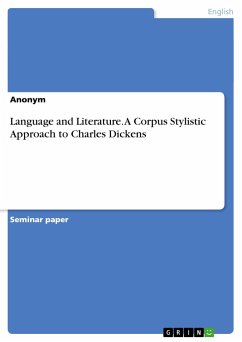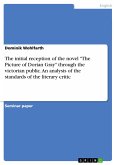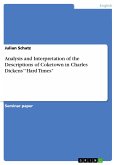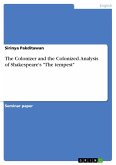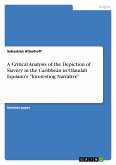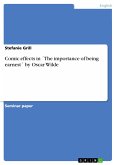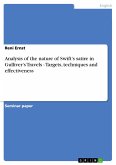Seminar paper from the year 2012 in the subject Didactics for the subject English - Literature, Works, grade: 1,0, Ernst Moritz Arndt University of Greifswald (Institut für Anglistik/Amerikanistik), course: Sociolinguistics: language variation and change, language: English, abstract: 1. IntroductionIn September 2010 a huge debate started in Britain after the famous actress Emma Thompson had given an interview for the BBC during which she complained heavily about the language of teenagers. "I went to give a talk at my old school and the girls were all doing their 'likes' and 'innit' and 'it ain'ts', which drives me insane"1, she said indignantly. Her statement probably mirrors what the majority of adults think of the language used by teenagers today. "Parents and teachers often have a critical and negative attitude towards adolescent language, judging it as 'sloppy' and attempting to correct vernacular features such as local accents, slang words, discourse particles or code-mixing." (Androutsopoulos 2005: 1501) This debate about the appropriateness or inappropriateness of vernacular language use traces back to the very roots of modern sociolinguistics.The American linguist William Labov was the first who conducted several quantitative studies concerning language variation in the 1960s (cf. Becker & Bieswanger 2006: 193). He tried to find out how the social background of speakers influences their language use, and why people decide to use either standard or non-standard language. Concluding from his studies, he developed the concept of language prestige, which assumes that standard forms have obvious (overt) prestige, whereas non-standard forms of language have a kind of hidden (covert) prestige among its speakers (cf. Becker & Bieswanger 2006: 197). So he argued that speakers do not merely use non-standard forms of language because they are uneducated or not able to use the standard form, but because the non-standard form carries symbolic or indexical meaning that the speakers want to draw on. According to that, language choice can be used to express identity or to mark group membership. Taking Labov's concept into consideration, contemporary teenage language should not be solely interpreted as a sign of an increasing lack of education or language decay. On the contrary, it is an expression of children's growing identity that seeks for separation from the adult world. "Adolescence is a turning-point in life, as the individual matures both physically and cognitively, and thus has a direct influence on language acquisition and development." (Martinez 2011a: 5)
Hinweis: Dieser Artikel kann nur an eine deutsche Lieferadresse ausgeliefert werden.
Hinweis: Dieser Artikel kann nur an eine deutsche Lieferadresse ausgeliefert werden.

